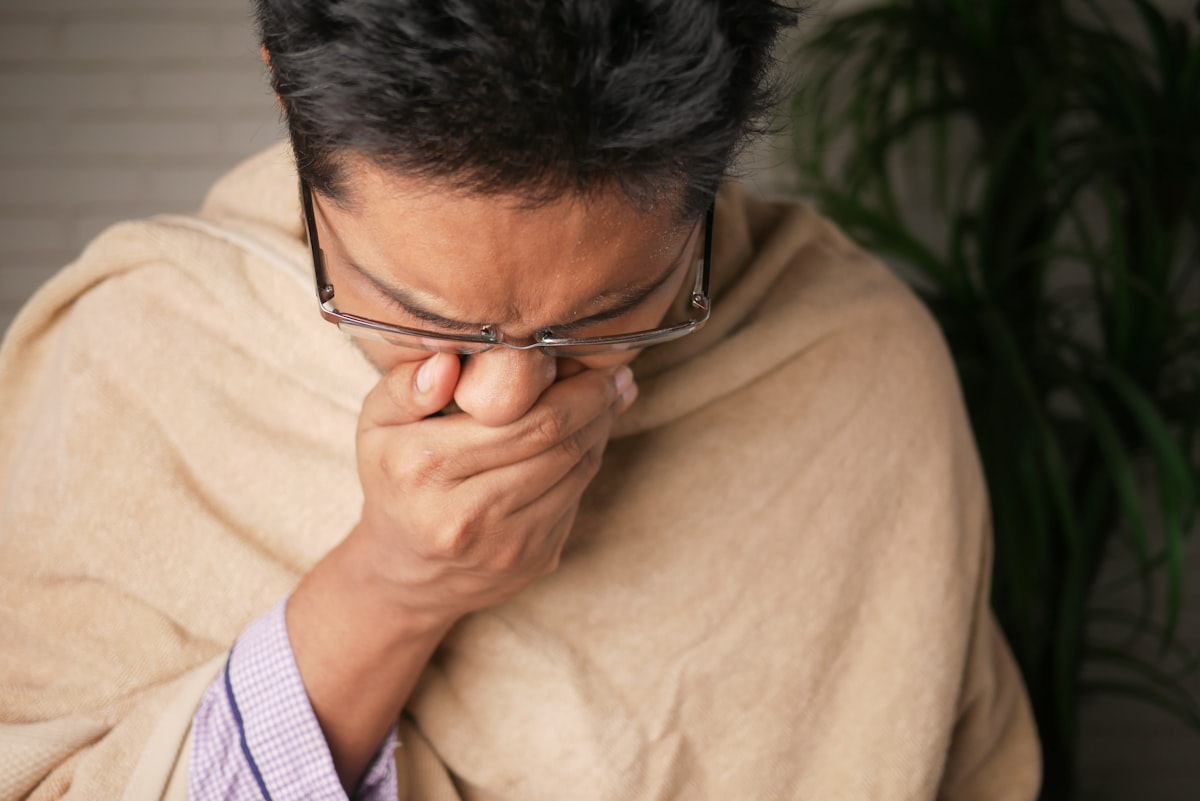Should I get the influenza vaccine?
Susana López Charretón and Alejandro Macías, specialists from the UNAM, answer recurring doubts from the population regarding the application of the influenza vaccine: Is it safe? Can I get it even if I have already been vaccinated against Covid-19? Is there any reason not to get it?

UNAM scientists agree in assuring that influenza and Covid-19 vaccines can be applied at the same time. Susana López Charretón and Alejandro Macías call on everyone to get vaccinated even if they are not considered at-risk groups and to maintain the use of masks, healthy distance, and hygiene at all times. Experts answer recurrent doubts of the population regarding the application of the influenza vaccine: Is it safe? Can I get it even if I have already been vaccinated against Covid-19? Is there any reason not to get it?
Susana López Charretón
We all have to get vaccinated, the influenza season starts in October and ends in March, which are the cold months of the year; many people do not do it, but it is very important. There is no interference of vaccines, it has nothing to do with it, there are those who have been vaccinated with both at the same time. What we do is to present the immune system with a little piece of the virus, this is called an antigen, and our body is subjected to antigens, to strange things all the time, not one, but hundreds of thousands, the immune system can see many, many of these antigens.
For those who have doubts, let them look at children, we give them tetravalent or pentavalent vaccines, that is, a single shot against five different viruses. They go from zero to one and a half years, for 16 vaccines, plus boosters. It is important to vaccinate children five years old and younger, as well as those over 60 years old. It is fundamental because they are the ones who suffer the worst from influenza; there is a lot of morbidity in these age groups.
Preventive measures
The preventive measures in this pandemic that has been going on for more than a year and a half are the same as in the 2009 influenza pandemic, and if we remember the photos of the 1918 pandemic, some people use masks; it is the best protection we have, besides not approaching, and using sneezing and coughing as etiquette. Last year the annual influenza epidemic dropped a lot and we think that a good circumstance was that people stayed away and used masks.
We lack a culture of vaccination. We buy 38 million doses a year and there are too many because many people think that when they get vaccinated against influenza, they get it, but no, what they get is the same thing that happened when we got vaccinated against SARS-CoV-2: maybe they felt bad, tired, with a little fever, but all that means that their immune system is learning to defend itself; that is good news, nothing happens for a day when they feel bad.
The vaccine is useful so that they don't get it so bad or they don't have to be hospitalized. It protects against severe illness or death, especially in risk groups. It is necessary to be vaccinated every year because the influenza virus varies a lot; in fact, we are given four different viruses of different strains that are chosen at the beginning of the year to be produced in October, which is the four that circulate in the world. That is why the vaccines are made that year and the following year it varies and they have to produce them again, and it is not unusual for people to be infected with a strain that should not be circulating, but could be.
As far as I know, there are no contraindications to getting vaccinated; the best thing we can do is to get vaccinated, even those who have immunosuppression problems, can help them to protect themselves. Vaccines are the best thing there is in medicine, they help us to prevent, not to cure, and we should not be afraid of them; they are the best tool we have.
Alejandro Macias
Once the coronavirus pandemic is under control, these viruses will likely circulate again in a seasonal situation, as well as the influenza viruses that circulate every year, in addition to the respiratory syncytial virus that occurs in children. We do not know if this is going to happen this very influenza season which is usually between December and March, but it is better to be prepared in case that happens since if coronaviruses and influenza come together it can be a very difficult situation for people and health institutions; that is why it is essential to promote the influenza vaccine.
It is safe to administer several vaccines at the same time as it has been done for many years since the administration of Covid-19 and influenza vaccines has been sufficiently studied and their simultaneous application has been authorized; it has been based on how people have responded to vaccination. It is not an invention, they can be given together; there may be side effects such as pain at the site of application, headache, but that will be all.
People have always had doubts as to whether injecting many vaccines is bad, and the anti-vaccine groups promote this, but the truth is that there is nothing, only the contraindication is to put them off the live virus at the same time and in the same place; otherwise, the experience is international and it is ample that they can be applied simultaneously.
In Mexico, the designation of risk groups for the influenza vaccine continues to be used to optimize the doses that are purchased for those who are most likely to become complicated: children under six years of age and over five months, people over 60 years of age, chronically ill individuals, pregnant women, health personnel, people who are significantly overweight; these are risk groups, but I advise, and also the experts who treat patients, internists, pediatricians, that whoever has money and can get it in the private sector, should do so.
It is unlikely that the reopening of schools will cause large outbreaks or reemergence of influenza viruses; it has already been seen that there has not been a generalized one. Zero risk does not exist; therefore, it is requested to maintain limited capacity, to ventilate classrooms, to have the academic sectors vaccinated, and, in case of influenza, to vaccinate the corresponding children.
About the experts
Susana López Charretón is a virologist with a master's degree and a doctorate in Biomedical Research, a researcher at the Institute of Biotechnology, member of the Mexican Academy of Sciences and El Colegio Nacional. Alejandro Macías is an internist and infectious disease physician, national researcher level III, graduate of the UNAM postgraduate program, and member of the Commission for the Attention of the Coronavirus Emergency of the UNAM; he was also the czar against the AH1N1 Influenza during the 2009 pandemic. Source: UNAM




